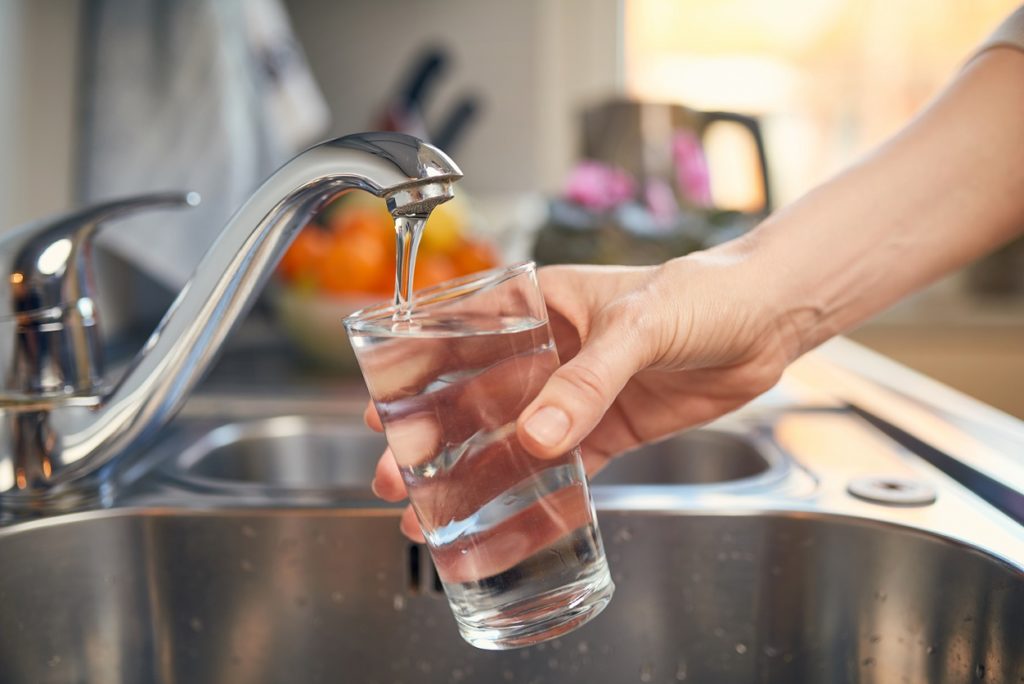When this error occurs, drinking water for health may be in danger
Although one can in this country – in contrast to many other countries in the world – simply turn on a faucet and his thirst with clean drinking water breastfeeding. However we also should be observed in dealing with tap water a lot in order to avoid health risks.
In drinking water health dangers
According to the world health organization, a health contaminants in drinking water risk for more and more people in the world. Although was also warned in this country before the hazards from residues of high blood pressure or coli bacteria in the tap water, but according to experts, is the tap water in Germany is usually just as good as bottled water. Nevertheless, a certain error should be avoided when working with it.

Quality may deteriorate
“Centrally distributed potable water in Germany due to the strict requirements of the drinking water regulation in General is a very good quality,” writes the Robert-Koch-Institute (RKI) in the study on the health of children and adolescents in Germany (KiGGS).
However, the quality of domestic drinking water can be worse than the quality of the water distributed after treatment in the water plant.
Because in the water, which is a long time in the pipes, in favour of the extended residence time and the increase in temperature (often room temperature), the bacterial growth and the Transition of substances from the pipe and valve material in the water, explain the experts.
The information suggests that the probability for an inferior tap water quality is particularly high, if the drinking water Installation has not been carried out properly.
This is for example the case if the pipe selected materials according to the chemical properties of the local drinking water, or the cables were routed too close to hot water or heating pipes.
Especially children are endangered
“Drinking water is consumed after long periods of standing in the line system, can be heavy metals leaching from water pipes and fittings, contained in higher concentrations in drinking water,” warns the RKI.
“This is for the health of children, therefore, of particular concern, because children respond to heavy metals is often more sensitive than adults,” the experts explain.
Therefore, you should leave the water if necessary, first run, before you use it.
Drinking water that has for more than four hours standing in the line, it should not be used for the preparation of food and beverages. In particular, infant formula should always be prepared only with freshly-expired water. (ad)
